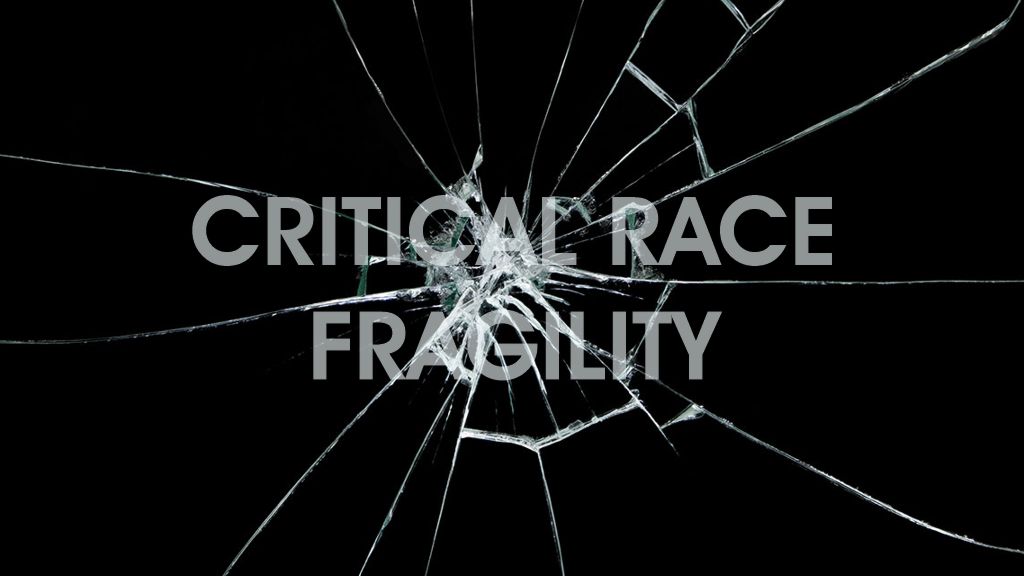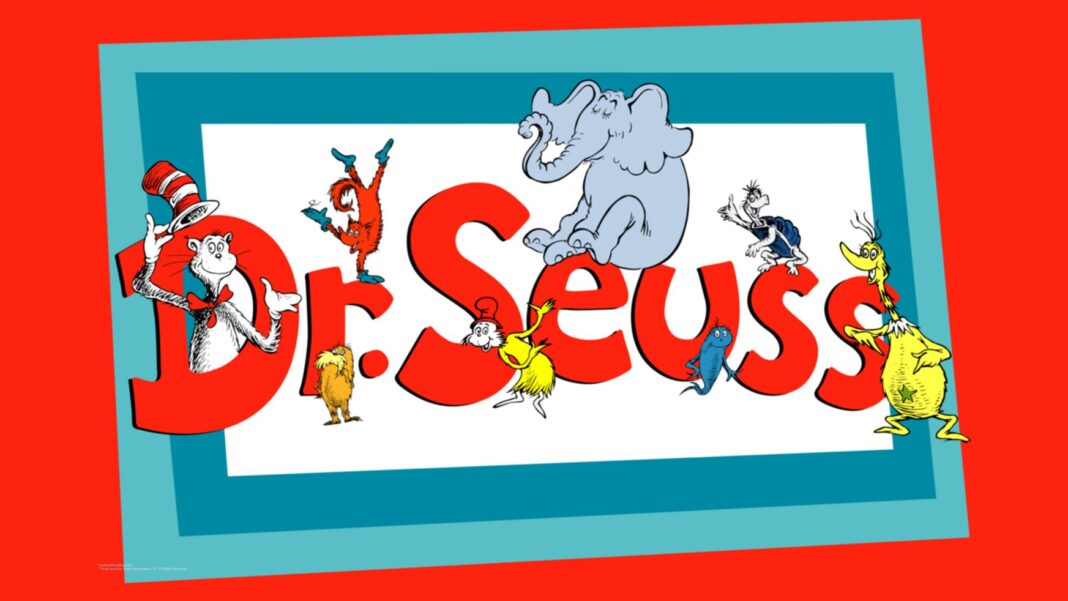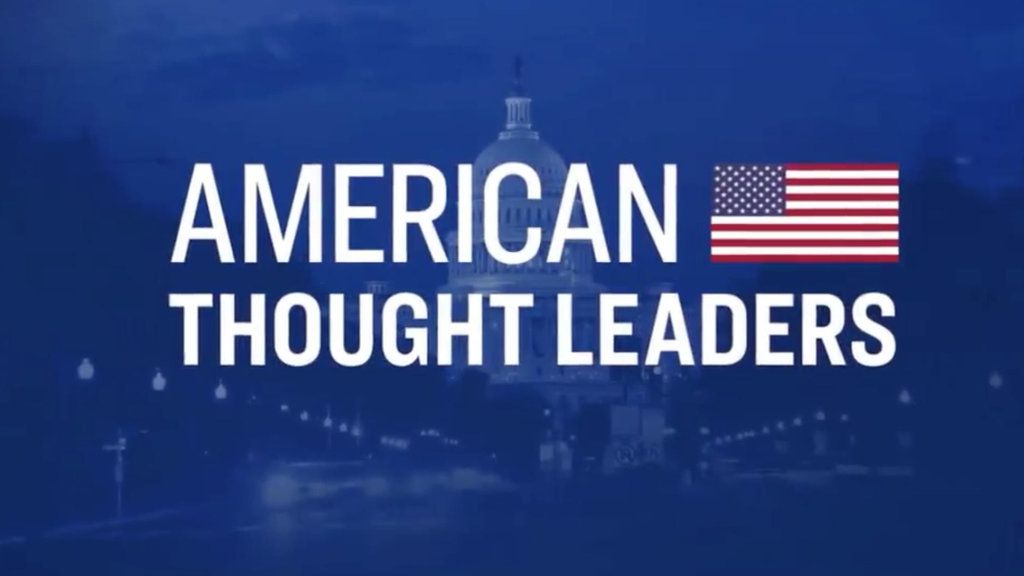The critical race theorists are feeling the heat. Over the past decade, they have had remarkable success in perpetuating the concepts of systemic racism, unconscious bias, white privilege, and white fragility in American institutions, beginning with universities and moving on to schools, government agencies, and multinational corporations. Their campaign began mostly without opposition, as most conservatives were either ignorant of what was happening or dismissed it as a campus fad.
That changed last year. The intellectual movements around the so-called Intellectual Dark Web, Quillette magazine, and the 1776 Unites coalition of dissident black scholars had laid down a theoretical case against critical race theory (CRT). President Trump elevated the debate into the mainstream, denouncing CRT by name at the National Archives, signing an executive order banning CRT-based training programs from the federal government, and sparring on the topic during a televised presidential debate. Since then, investigative journalists, including me, have reported on the negative impact of CRT in government, schools, and corporations; states such as New Hampshire, Arkansas, Iowa, West Virginia, and Oklahoma have introduced legislation seeking to ban CRT programs that promote the concepts of race essentialism, collective guilt, and race-based harassment in public institutions.
This shift in momentum against the new racial orthodoxy, which has now grown beyond America’s borders to England, France, Italy, Hungary, and Brazil, has rattled the American Left. Their first argument against this change is that conservatives are using state power to “cancel wokeness.” New York Times columnist Michelle Goldberg recently followed this line, attacking my work “leading the conservative charge against critical race theory,” declaring that the Right wants to ban critical race theory because it is afraid to debate it. This is false, of course. For more than a year, prominent black intellectuals, including John McWhorter, Glenn Loury, Wilfred Reilly, and Coleman Hughes have challenged the critical race theorists to debate—and none has accepted. After Goldberg published her column, I called her bluff even further, challenging to “debate any prominent critical race theorist on the floor of the New York Times.” Predictably, none responded, catching the New York Times in a fib and further exposing the critical race theorists’ refusal to submit their ideas to public scrutiny.
The second line of attack, advanced by Goldberg and Acadia University professor Jeffrey Sachs, is that the attempt to regulate critical race theory-based programs is an “attack on free speech.” Goldberg and Sachs are attempting to reclaim the mantle of free speech, but on closer inspection, their case is legally and morally groundless. First, as legal writer Hans Bader points out, the Supreme Court has ruled that states and public schools have the ability to control curricular speech without violating free speech. Furthermore, under the Fourteenth Amendment, states and school districts have an obligation to prevent the creation of a learning environment that promotes hostility toward a certain race or sex. The courts have repeatedly ruled that the Fourteenth Amendment outweighs and limits the First Amendment when it comes to government entities adopting policies and programs that perpetuate racial stereotyping, discrimination, and harassment. Despite Sachs’s hyperventilation about threats to academia (i.e., the public-employment program for new racialist ideology), many legislatures have explicitly allowed the teaching of CRT in university classrooms; it is only forbidden to turn these principles into compelled speech, employee-indoctrination programs, and official state curricula for primary and secondary school students.








